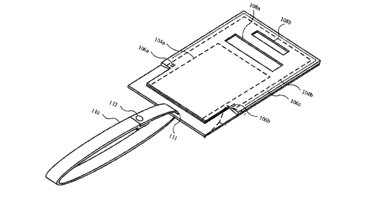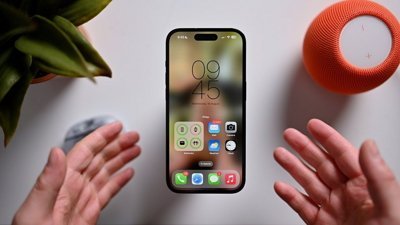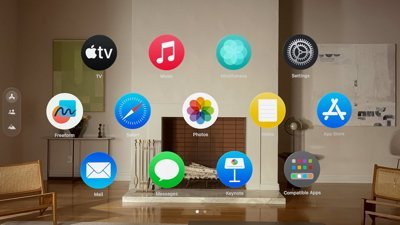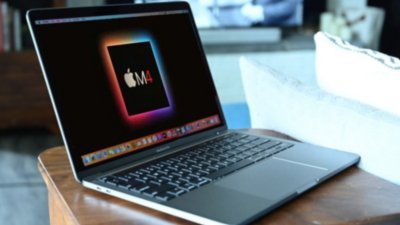Apple VP: third-party iPhones apps to use digital signature
When Apple finally opens its iPhone and iPod touch to third-party developers early next year, it will employ some extra measures to maintain the security and stability of the mobile platforms, such as requiring a digital signature on each authorized application.
"That way if there’s something wrong with an application, you have a way to track it back to where it came from," Joswiak said. "So one of the things we want to do, again, is create a development environment that is going to maintain the security and reliability of the iPhone yet at the same time offer developers some really cool things that we can do."
Accomplishing both those tasks simultaneously is a challenge in that they run in opposition to each other, the Apple vice president admits, and that's why it will take until February before his company finally unveils all the details of the software development kit (SDK) for iPhone (and iPod touch).
"Of course what we want to make sure we’ve done is keep the phone safe and reliable, and that’s why it’s taken us a little while to get this SDK out," he said. "Especially now that we’ll have a real SDK which means legitimate developers are going to come into the space."
In addition to those "legitimate developers," Joswiak also expects the SDK to mark the arrival of smaller, grassroots coders, which he finds exciting.
"Sometimes these one- or two-person teams have created the most dramatic things," he said.
In his interview with Fortune, Joswiak also admits that it was his idea to push for Apple to produce a 14-inch iBook several years ago, despite reservations on the matter by Jobs. The notebook, which featured a larger screen than the remainder of iBook line, went on to be a runaway hit.
That revelation alone may offer some reasoning behind the company's reported decision to adopted a 13-inch display as the foundation for its upcoming sub-notebook rather than something smaller.
 AppleInsider Staff
AppleInsider Staff










 Wesley Hilliard
Wesley Hilliard
 Malcolm Owen
Malcolm Owen


 William Gallagher
William Gallagher

 Christine McKee
Christine McKee
 David Schloss
David Schloss






